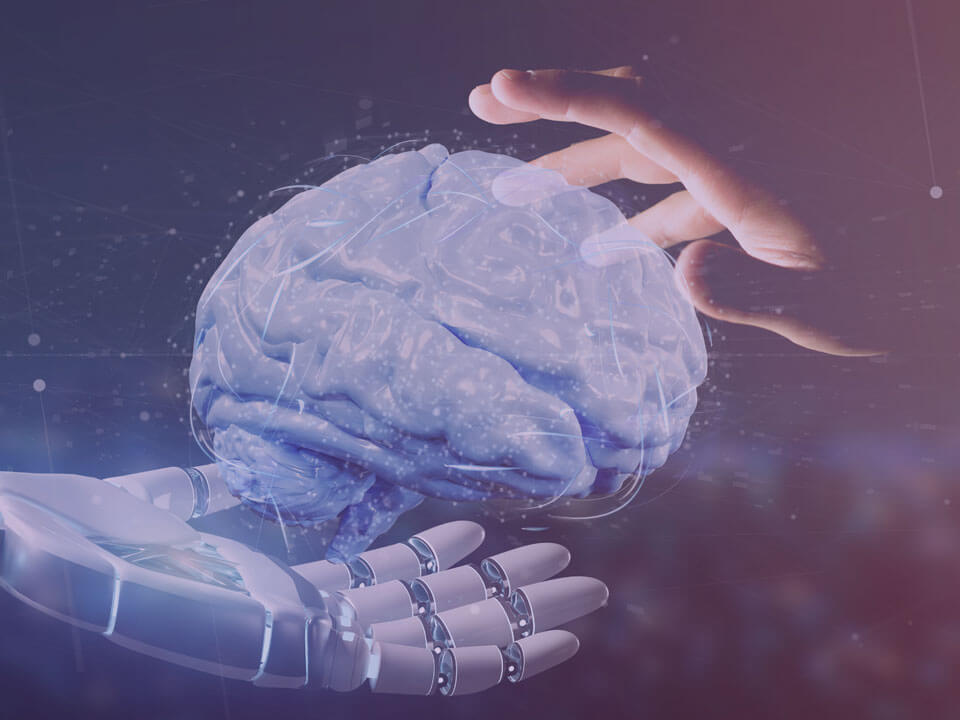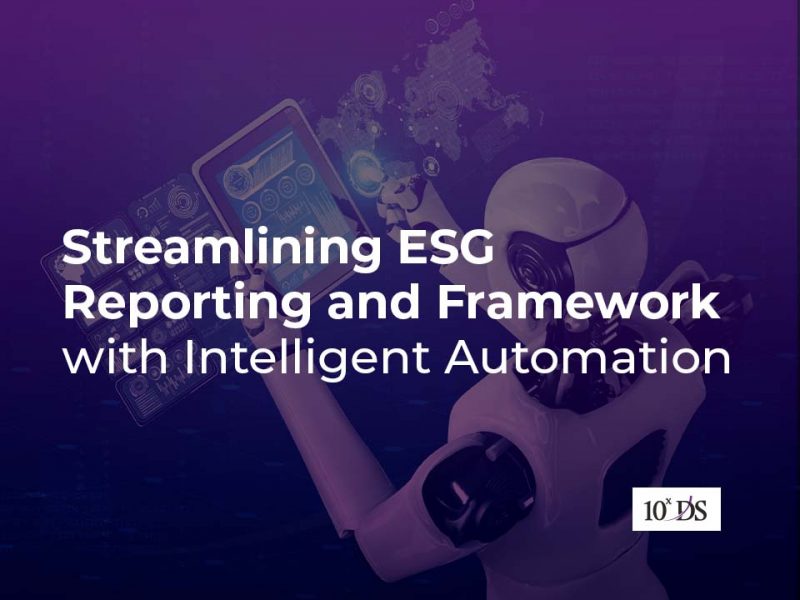
6 Real World Automation & AI Use Cases in Healthcare
Healthcare providers around the world are looking for better ways to optimize processes, gain higher efficiency, and most importantly, increase the quality of patient experience. With the number of patients increasing daily, it has become essential for healthcare systems to work towards more streamlined processes to save money and cut healthcare costs. Advanced emerging technologies such as Intelligent Automation, Artificial Intelligence (AI), Machine Learning (ML) and other exponential technologies are driving significant shifts in everyday healthcare settings to improve patient experience. These improvements address some of the areas of frustration in the healthcare industry.
Medical practitioners, technicians, nurses and personnel involved in the industry spend a huge amount of time doing manual, repetitive, clerical and administrative tasks. Some of these are highly time-consuming requiring manual processing. They can easily get overwhelmed with too many tasks to handle, ultimately affecting the quality of patient experience. This is where Intelligent Automation and AI offers tremendous help automating basic tasks in operations and administration. Improving operational efficiencies gives them more time to improve clinical outcomes and provide a better patient experience.
Other than streamlining back-office operations, there are several other areas AI and Intelligent Automation can be useful. Let’s take a look at few examples of the applications of AI and Intelligent Automation in the healthcare industry:
1. Patient Experience
Patients usually prefer interacting with a person when discussing health issues and symptoms. There are AI powered platforms using algorithms mention possible treatments for patients with realistic personal touch, in between the scheduled patient visits to the clinics. Similarly, Digital Nurse Avatars interact with patients asking relevant questions about their health and symptoms, guiding them to appropriate and effective care centres. These platforms optimize the process for healthcare providers enabling greater efficiency.
A software robot (Bot) can be employed to calculate the vaccination schedule up to certain age, based on the policies of a country. The schedule can be further shared with parents and reminded prior to the date. Bot will also be able to check the availability of medicines and notify the concerned personnel to ensure to keep requisite stock prior to the appointment. No change in existing infrastructure is needed; usually infrastructure changes are difficult to incorporate when hospitals are always working.
2. Medical Transcription
Medical transcription is an important process in the healthcare industry involving transcribing and editing medical reports dictated by doctors, nurses or other healthcare practitioners. Advanced machine learning algorithms allow voice recognition systems to transcribe speech requests into text. The machine learning model can be trained on thousands of different types of speech requests for greater accuracy. This would significantly save the time it takes for doctors to fill out EHRs.
3. Smart Billing, Insurance and Claims
With the advancements in AI, there is a great opportunity to enhance the revenue cycle applications using AI deployments. This can be made possible by automating pre-authorizations. Using RPA, bill details from each department can be collated to make a consolidated bill without any manual intervention. This enables faster bill generations and conversions to payments, streamlining the revenue cycle management.
Insurance and Claims administration is a typical rule-based and repetitive process which can be configured as an automated solution. Policy coverage and terms can be identified using AI based solution and a BOT can take up the work of submitting bills with necessary supporting documentation.
4. Clinical Decision Support
Some of the things that doctors do such as monitoring symptoms, diagnosing health issues, and prescribing treatments might be replaced by AI and Intelligent Automation solutions soon. But this does not mean doctors will lose their job, just that they will be better equipped to diagnose ailments. The diagnosis of a condition requires analysis of several criteria, understanding past cases and considering many factors to arrive at a decision. This decision making is made much easier and accurate by AI and Intelligent Automation. Automating the process helps considering more data points and possibilities for accurately diagnosing an ailment. This helps providing more personalized treatments in a holistic manner.
5. Optimizing Staff Utilization
Healthcare providers around the world struggle with staff shortages, from nurses to physicians to pharmacists. So, optimizing staff utilization has become a matter of utmost priority. Leveraging machine learning, healthcare providers can manage staffing by smart staff allocations based on patient volumes and understanding the priority of patients’ treatments based on the severity of their condition.
6. Inventory Management & Maintenance
Automated tracking system is required to effectively monitor and maintain stock levels of any hospital inventory. Bots can be employed to capture and update the Serial number, type of device, shelf life and other such details from the equipment contracts and catalogues to make it an effective zero-touch process.
AI based automated solutions would also be able to extract and update the drug details and expiry date to Pharmacy Management Systems. Automated check for stock based on expiry date can be scheduled and carried out by the bot to avoid use of expired drugs.
Robots can track Inventory databases to check the maintenance requirements to communicate with vendors and schedule them accordingly. Monitoring activities can be scheduled periodically so that Bots can pick it up without any triggers.
Conclusion
AI and Intelligent Automation are strongly elbowing its way into the healthcare industry. They can help streamline workflows, administrative operations and manage the influx of constant new information about treatments, treatments and latest medical technologies. The future is boundless with a huge potential for healthcare providers to innovate. This is the right time for healthcare organizations to start investing in applications that can deliver the most value for them in the near future.
How can 10xDS help?
10xDS is driving digital transformation by leveraging our vast experience, expertise, state-of-the-art AI and Intelligent Automation COE to streamline processes for clients across a wide range of industries and functions. Our services can help modernize, automate and augment processes for the organizations in the healthcare service industry.
Want to gain further insights into our AI and Intelligent Automation Services? Talk to our Automation Experts!


